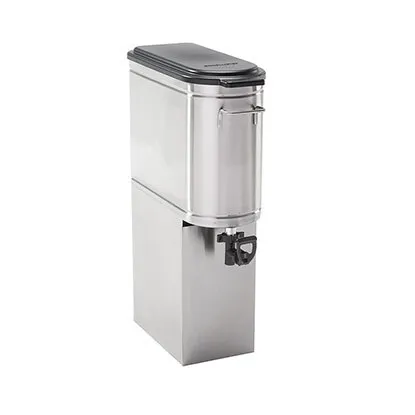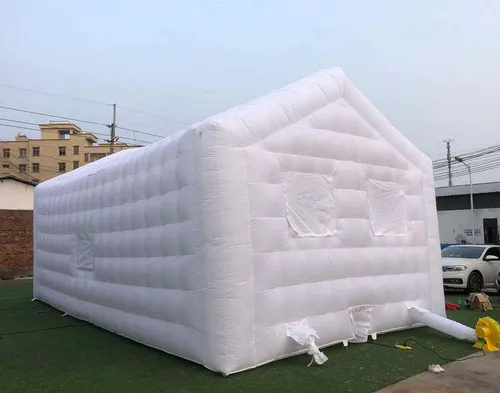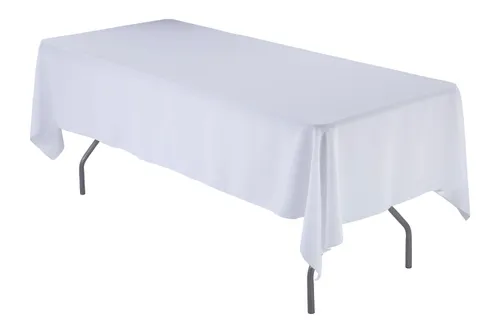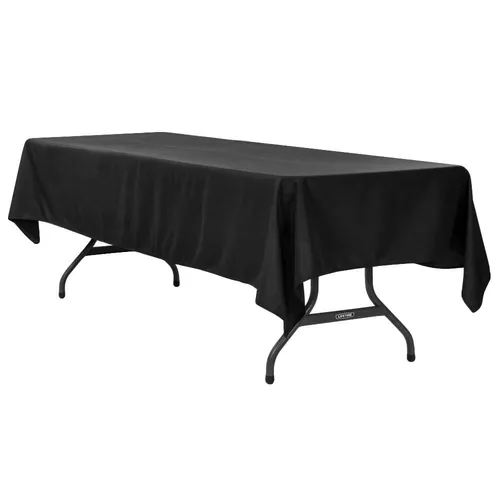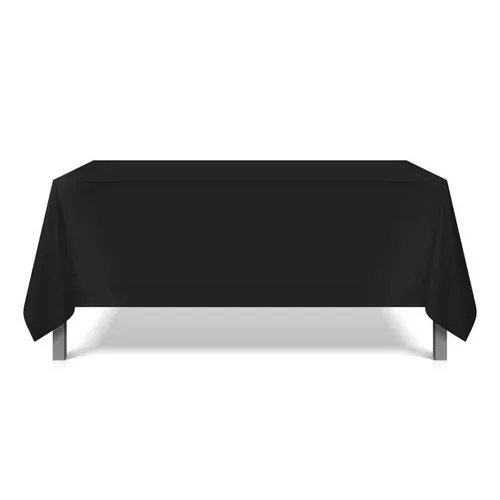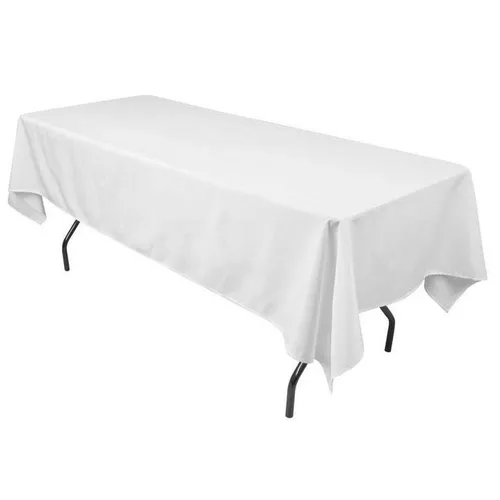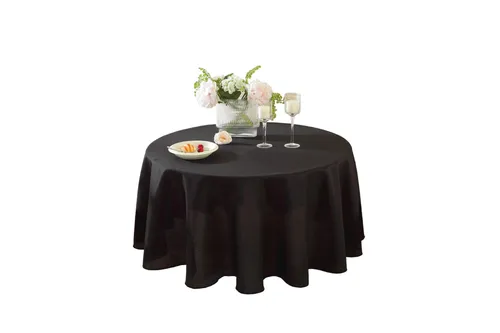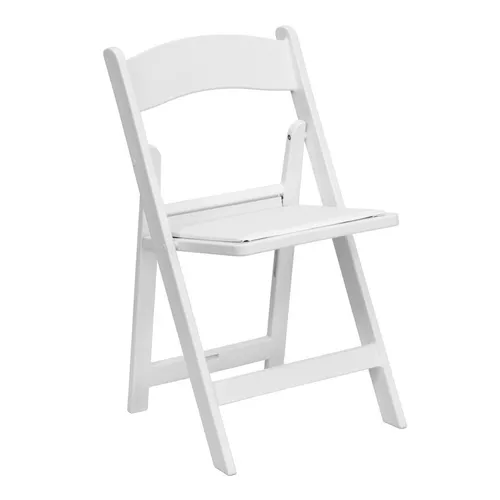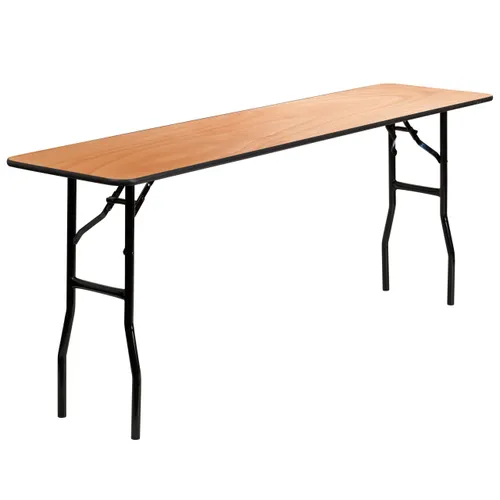As the summer sun gives way to the crisp autumn air, many of us start turning our thoughts toward the holiday season. One of the most delightful traditions is decking the halls—and the exterior of our homes—with festive Christmas lights. But when is the right time to start putting up those dazzling decorations? At East Texas Event Rental, we believe in making this process as seamless and enjoyable as possible. Here’s a guide to help you decide the perfect time to start hanging your Christmas lights and why our professional services might be just what you need.
Timing Your Christmas Lights
1. The Pre-Holiday Sweet Spot
Many homeowners start thinking about Christmas lights as early as mid-November. This timing is ideal for several reasons:
- Avoid the Rush: Getting a head start means you can avoid the last-minute holiday rush, ensuring you have ample time to enjoy your decorations.
- Weather Considerations: Early installation can take advantage of milder weather conditions, making it easier to work outdoors without the chill that accompanies late November and December.
2. The Post-Thanksgiving Kickoff
For those who prefer to wait, putting up Christmas lights right after Thanksgiving is a popular choice. This timing aligns with:
- Holiday Spirit: It transitions smoothly from Thanksgiving to Christmas, allowing your home to fully embrace the festive spirit.
- Maximized Display Time: You get to enjoy your lights for a longer period, from the end of November through the New Year.
3. Consider Your Community
Check with local community guidelines or HOA rules, as some neighborhoods have specific dates for holiday decorations. This ensures that you’re compliant with local norms while spreading holiday cheer.
Why Choose Professional Christmas Light Installation?
1. Expert Installation
At East Texas Event Rental, our team of professionals ensures that your Christmas lights are installed safely and efficiently. We use high-quality materials and the latest techniques to provide a flawless finish.
2. Time-Saving Convenience
Hanging Christmas lights can be time-consuming and sometimes tricky, especially if you’re not used to working on ladders or dealing with electrical components. Our service saves you valuable time and effort, allowing you to focus on enjoying the season.
3. Impeccable Results
We take pride in delivering beautiful, well-placed lighting displays that enhance the charm of your home. From classic white lights to vibrant multicolored displays, our team can customize the look to suit your style and preferences.
4. Safety First
Safety is a top priority. Our professionals are trained to handle electrical components with care, minimizing risks and ensuring that your lights are securely installed.
How to Get Started with East Texas Event Rental
Getting your Christmas lights installed by East Texas Event Rental is easy! Here’s how to start:
- Contact Us: Reach out to our team to discuss your needs and schedule an appointment.
- Consultation: We’ll work with you to design a lighting scheme that matches your vision.
- Installation: Our experts will handle the installation process, ensuring everything is perfect.
- Enjoy: Sit back and enjoy the festive glow of your beautifully decorated home.
Final Thoughts
While the perfect time to put up Christmas lights can vary depending on personal preference and local customs, starting early ensures you make the most of your holiday decorations. At East Texas Event Rental, we’re here to make the process smooth and stress-free. Contact us today to schedule your professional Christmas light installation and get ready to shine bright this holiday season!
SEO Keywords: Christmas lights installation, East Texas Event Rental, professional Christmas light installation, holiday decorations, best time to put up Christmas lights, holiday lighting services, Christmas light installation East Texas.




